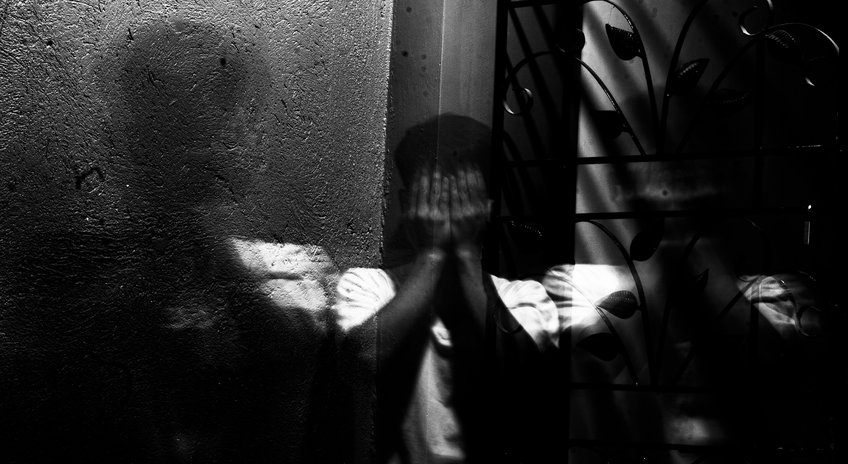
Rethinking the Social Environment in American Criminal Law Theory, Doctrine, and Practice
A Neurolaw Study
The relevance of socio-environmental influences on human behavior is (re)gaining momentum in American criminal law scholarship. Increasing acknowledgment of the traumatizing social conditions that too often affect people who come into contact with the criminal legal system has (re)sparked heated debate over whether (and how) such conditions should receive normative consideration in determinations of responsibility and punishment. This revived scholarly attention to the “social background” of individuals parallels emerging insights from modern social neuroscience about the ineradicable bond between socio-environmental factors and the brain. These insights indicate that socio-contextual factors constantly shape brain structure and function and that, as a consequence, they are among the major determinants of psychological states and social conduct. Collectively, these insights pose serious challenges to the criminal law’s view of the person as an individual whose behavior can be “sealed off” from their social context.
How could this body of empirical insights turn into normative claims? How could criminal law optimally deal with this ineradicable aspect of human behavior? Could conventional ideas of criminal responsibility be preserved if socio-contextual factors were given a normative weight in guilt assessments? What kind of implications would the normative consideration of the “social environment” carry for the idea and practice of punishment? Lastly, would a more substantial consideration of the individual’s social context in criminal law domains carry reverberations for the very meaning of “justice”?
This neurolaw project explores these issues in depth. In particular, it draws on knowledge from social neuroscience to reconsider the role of the social environment in mainstream American criminal law theory, doctrine, and practice. To this aim, the project is articulated in distinct lines of investigation that include the following topics/areas: 1. the development of a situational partial excuse doctrine; 2. the reform of sentencing policies and criteria; 3. the rethinking of incarceration and solitary confinement. Each investigation examines the implications of a normative reconsideration of socio-environmental factors for such identified contexts.
The project adopts an interdisciplinary methodology that consists of the combination of a theoretical-descriptive analysis of current laws; a descriptive-empirical analysis of (neuro)scientific data and literature; and the development of normative arguments and proposals. Its ultimate goal is to assess whether affording normative weight to socio-environmental factors across different criminal law domains can resituate the American criminal legal system on grounds that are less punitive, more equal, and humane.
| Outcome: | law review articles; academic workshop |
|---|---|
| Research focus: | I. Foundations |
| Time frame: | 2021–2023 |
| Project language: | English |
| Project status: | completed |
| Photo: | © Nothing Ahead/Pexels |








